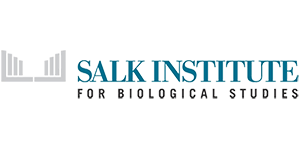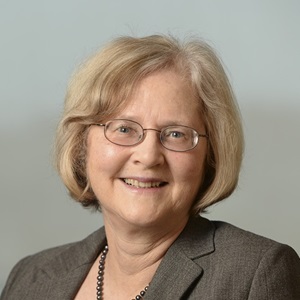Speaker Profile
Discovered the telomere and co-discovered telomerase & investigated their roles in human health and disease
Nobel Laureate, Ph.D., President, Salk Institute for Biological Studies

Biography
Nobel Laureate, Elizabeth H. Blackburn, leads the Salk Institute, one of the premier life science research institutes in the country. Since 2001 she had served in the leadership and advisory role of non-resident fellow. In 1978, Professor Blackburn began her career on the faculty at the University of California Berkeley in the Department of Molecular Biology. In 1990, she joined University of California San Francisco (UCSF) in the Department of Microbiology and Immunology where she served as Department Chair from 1993 to 1999. She then became a faculty member in the Department of Biochemistry and Biophysics. While at UCSF, Elizabeth Blackburn discovered the molecular nature of telomeres, the ends of chromosomes that serve as protective caps essential for preserving genetic information, and she co-discovered the enzyme, telomerase. She and her research team then went on to collaborate with others to uncover the roles of telomere biology in human health and diseases through clinical and other human studies. Named a Nobel Laureate in Medicine in 2009 for her telomere and telomerase research, Blackburn has also received nearly every other major award in science, including the Lasker, Gruber and Gairdner prizes. She was named one of TIME Magazine’s 100 most influential people in 2007 and is a member of numerous prestigious scientific societies, including the National Academy of Sciences, the National Academy of Medicine and the Royal Society of London. She served on the President’s Council on Bioethics from 2002 to 2004, and as president of both the American Association of Cancer Research and the American Society of Cell Biology. Born in Australia, Professor Blackburn earned her B.Sc. and M.Sc. degrees from the University of Melbourne, and her PhD from the University of Cambridge in England. She did her postdoctoral work in Molecular and Cellular Biology at Yale University.




